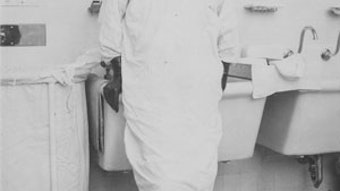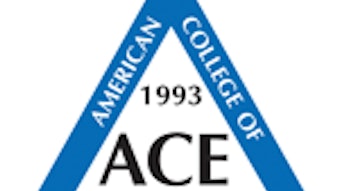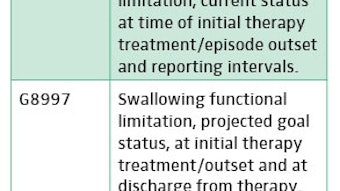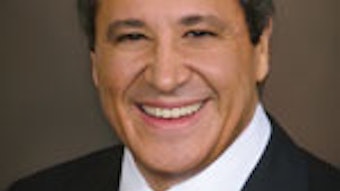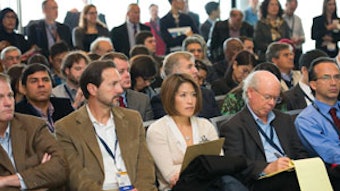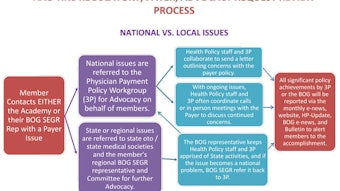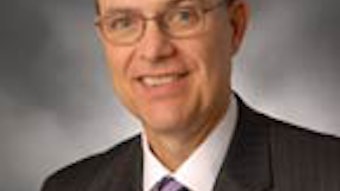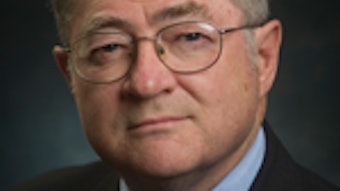On Volunteering and Philanthropic Giving
Sujana S. Chandrasekhar, MD At AAO-HNS/F headquarters, a long glass wall highlights otolaryngologists and their families who have donated substantial sums. They and other donors support the breadth of activities. Otolaryngology colleagues volunteer their time and energy to: write articles for the Bulletin, serve on Academy/Foundation committees, write Clinical Practice Guidelines and Consensus Statements and provide content for teaching materials. How do they find the time? Why do they contribute? Should you join them? They are busy clinical otolaryngologists like you and me, whose professional and personal lives are brimming with activities. I know because plenty of committee phone calls are taken by Academy members at their kid’s soccer games, on their way to family events, from overseas on humanitarian missions, or just trying to squeeze in a haircut at day’s end. Some have partners; some have children; some care for adult relatives; some don’t. All have a passion for volunteering to enhance otolaryngology care. No-one has the time, really, in their schedules. But they make the time and manage it so that they can give 100 percent to their practice, 100 percent to their family, and 100 percent to the Academy. The really interesting question is, why? I am in solo private practice with a husband and four children. My oldest will be starting college in the fall. Our family relies on both incomes. When I talked to a colleague about the Hal Foster, MD Endowment, he initially couldn’t understand how or why I would divert monies from my family. But then he looked into it, and he donated, too. Are we just crazy? Well, maybe, but research actually shows that Spending Money on Others Promotes Happiness (Dunn EW, Science, 2008). There is also sizeable evidence that charitable giving also makes the giver prosperous. The Social Capital and Community Benchmark Survey (SCCBS, 2000) of 30,000 observations from 41 communities and 29 states showed that a $1 increase in charitable giving leads to an average $3.75 increase in household income (Brooks AC, J Econ & Fin, 2007). In addition, givers were 25 percent likelier to report excellent or very good health, while 50 percent of non-givers self-reported health as fair or poor. Okay, but what about that most precious commodity, time? The SCCBS showed that volunteers were 29 percent likelier to self-report health as excellent or very good, while non-volunteers were 71 percent likelier to say fair or poor. And volunteers may even live longer. (http://www.nationalservice.gov/pdf/07_0506_hbr.pdf) When people give their time or money to a cause they believe in, they become problem solvers, which makes them happier than bystanders and victims of circumstance. (Brooks, NY Times, 2014) There is a virtuous cycle: happy, healthy, successful people are more likely to give and volunteer, and simultaneously, charitable people are more likely to be happy, healthy, and wealthy. So, if you’re considering volunteering your time and/or giving to the AAO-HNS/F, jump on in—the water’s fine and it just might be good for your health, too.
Sujana S. Chandrasekhar, MD
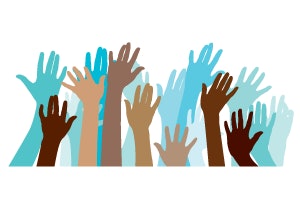
How do they find the time? Why do they contribute? Should you join them?
They are busy clinical otolaryngologists like you and me, whose professional and personal lives are brimming with activities. I know because plenty of committee phone calls are taken by Academy members at their kid’s soccer games, on their way to family events, from overseas on humanitarian missions, or just trying to squeeze in a haircut at day’s end. Some have partners; some have children; some care for adult relatives; some don’t. All have a passion for volunteering to enhance otolaryngology care. No-one has the time, really, in their schedules. But they make the time and manage it so that they can give 100 percent to their practice, 100 percent to their family, and 100 percent to the Academy.
The really interesting question is, why? I am in solo private practice with a husband and four children. My oldest will be starting college in the fall. Our family relies on both incomes. When I talked to a colleague about the Hal Foster, MD Endowment, he initially couldn’t understand how or why I would divert monies from my family. But then he looked into it, and he donated, too. Are we just crazy? Well, maybe, but research actually shows that Spending Money on Others Promotes Happiness (Dunn EW, Science, 2008). There is also sizeable evidence that charitable giving also makes the giver prosperous. The Social Capital and Community Benchmark Survey (SCCBS, 2000) of 30,000 observations from 41 communities and 29 states showed that a $1 increase in charitable giving leads to an average $3.75 increase in household income (Brooks AC, J Econ & Fin, 2007). In addition, givers were 25 percent likelier to report excellent or very good health, while 50 percent of non-givers self-reported health as fair or poor.
Okay, but what about that most precious commodity, time? The SCCBS showed that volunteers were 29 percent likelier to self-report health as excellent or very good, while non-volunteers were 71 percent likelier to say fair or poor. And volunteers may even live longer. (http://www.nationalservice.gov/pdf/07_0506_hbr.pdf)
When people give their time or money to a cause they believe in, they become problem solvers, which makes them happier than bystanders and victims of circumstance. (Brooks, NY Times, 2014) There is a virtuous cycle: happy, healthy, successful people are more likely to give and volunteer, and simultaneously, charitable people are more likely to be happy, healthy, and wealthy. So, if you’re considering volunteering your time and/or giving to the AAO-HNS/F, jump on in—the water’s fine and it just might be good for your health, too.
